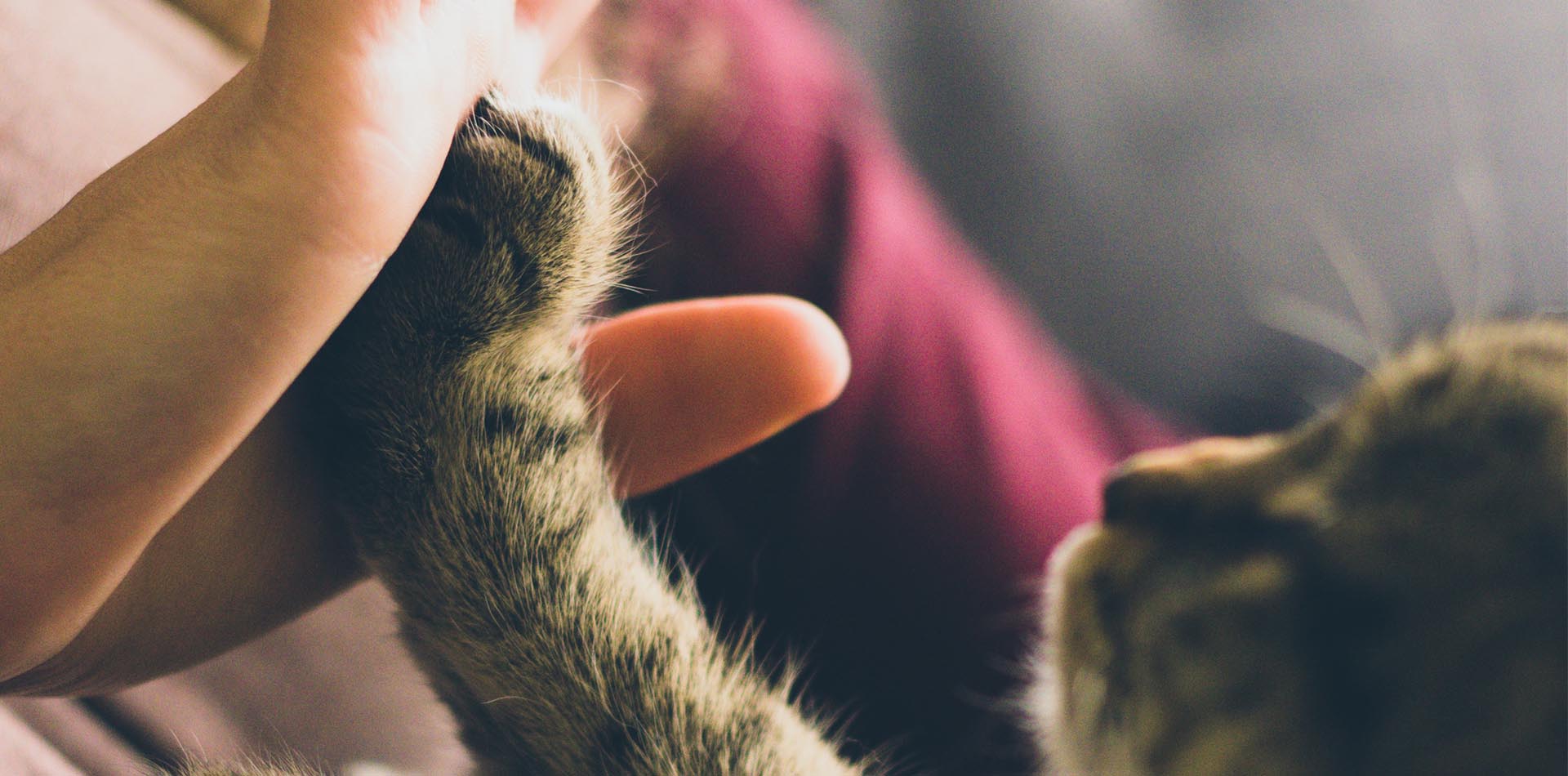More and more households have cats as pets, and this is probably due to the strides made in recent years in terms of the knowledge available on feline behaviour and temperament. We, as humans, are able to give cats what they need so that they can live a happy life. Moreover, urban living has become more popular in comparison to life in the country. City dwellers are opting to own cats as pets; they do not have enough time to take a pet outside for a walk, as is the case when owning a dog. Additionally, cities tend to have less green spaces for pets to enjoy.
Even so, cats are domestic animals that have spent less time living with humans compared to their canine counterparts (a total of 9,500 years, as opposed to the 19,000-32,000 years that dogs have lived alongside humans). Therefore, it can be said that cats are relatively less domesticated. In other words, they’re less adapted to living with humans as they still cling onto their ‘wild side’.
Those who have one or more cats at home develop a strong bond with them, reaching the point where they consider them a part of the family. Humans frequently interact with them: they feed them, play with them, hold them in their arms, pet them, and enjoy those relaxing moments on the sofa where physical contact and purring only reinforce this bond. It’s much easier to measure this bond on the humans’ part, as they are able to put their feelings into words. Other techniques can also be used, such as measuring oxytocin levels, a method used in studies with human-dog relationships. But when it comes to measuring a cat’s affection, it’s not so easy.
With dogs, for example, a real emotional connection with their owners can be seen through developed mechanisms, such as pupil dilation and facial expressions, as well as high oxytocin levels detected in the blood. These factors have not been observed in cats. Many of their behaviours (rubbing against your legs or meowing to ask for food, for example) are actually interactions in which cats are merely trying to obtain something from their owner—these actions do not necessarily represent affection. We as humans tend to ‘humanise’ these behaviours to tell ourselves that our cats ‘really do love us’. Nevertheless, as they’re positive relationships, we can say that a strong bond does exist between cats and their owners, with cats viewing their owners as their companions.
And now that it’s summer, we want to emphasise that this is the time of year with the highest number of pets being abandoned. This occurs as a result of people going on holiday and running into a dilemma they hadn’t foreseen. They set out to destinations where their cat or dog aren’t welcome, and in the end, they choose their holidays over their pets. These people do not have a real bond with their pets, and prefer to just abandon them. This is an act of extreme cruelty, as they leave their pets at the mercy of a hostile environment without any food or protection. These pets don’t know how to fend for themselves and are exposed to a number of dangers, such as being run over by a car. Remember in these summer months that there are always options to consider before reaching this extreme. We'll talk about them more in the future. In the meanwhile, we wish you a happy summer and we hope you enjoy your holidays.

